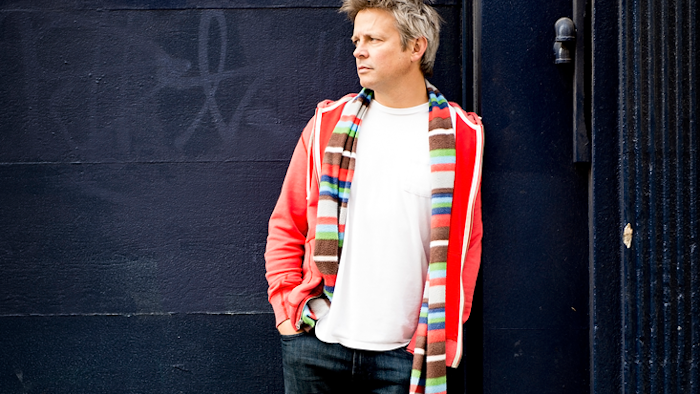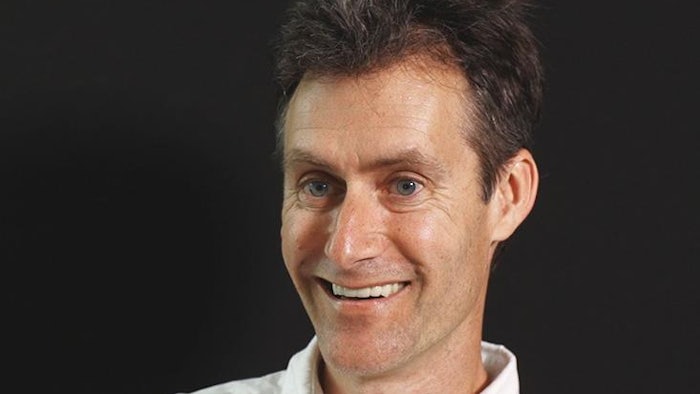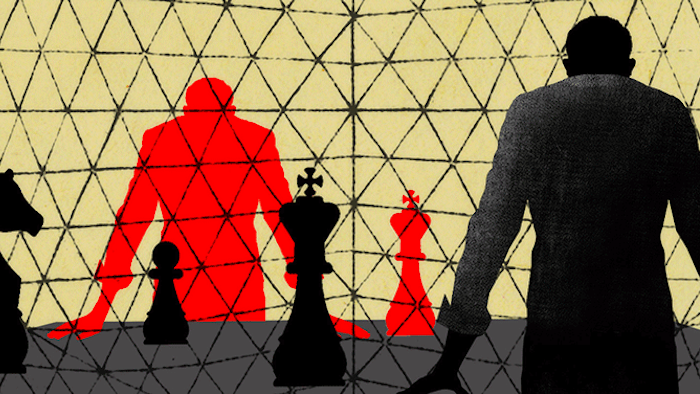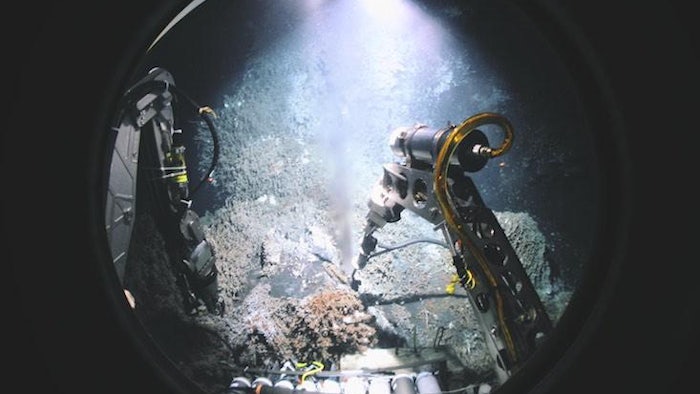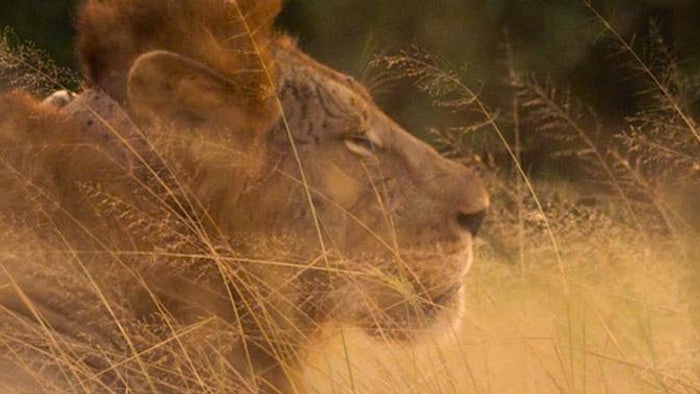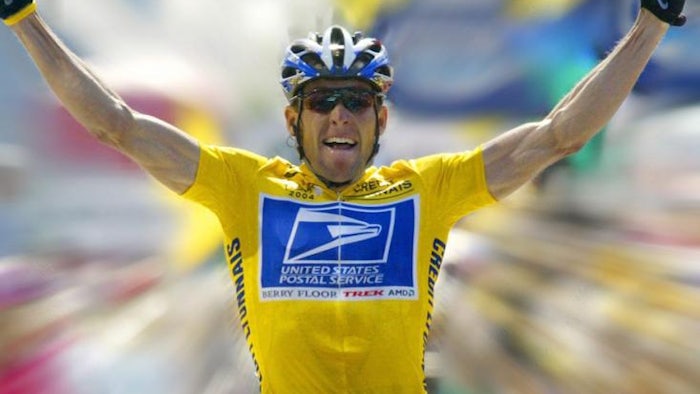Issue_28
25 articles-
Has Science Realized This 350-Year-Old Alchemist Wish List?
8 predictions pioneering chemist Robert Boyle hoped we would fulfill. -
The Man Who Created Second Life Thinks We Can Make an Earth-Sized Virtual World
Over 10 years ago, a digital experiment called Second Life launched, and excitement surged about the idea of interacting in online virtual worlds. Created by Linden Lab, a company founded by Philip Rosedale, the platform gained popularity as people swarmed to participate in a new form of social connection. But, Second Life’s period of rapid […] -
Are Museums the Perfect Climate Change Education Tool?
When Hurricane Sandy destroyed much of the New York and New Jersey coastlines, in October 2012, the looming threat of climate change abruptly became personal for a large portion of the East Coast—specifically Miranda Massie, a former public-interest lawyer. Seeing her city wasted, she realized that there was nowhere for the public to assemble and […] -
This Man Was Accused of Trying to Pull Earth Out of Its Orbit
Gregory Laughlin has a funny story: While he was working as a planetary scientist at the NASA Ames Research Center in the early 2000s, he was accused in the press of trying to shove Earth into a new orbit, farther from the Sun. Nautilus Members enjoy an ad-free experience. Log in or Join now . […] -
Let’s Play War
Could war games replace the real thing?
-
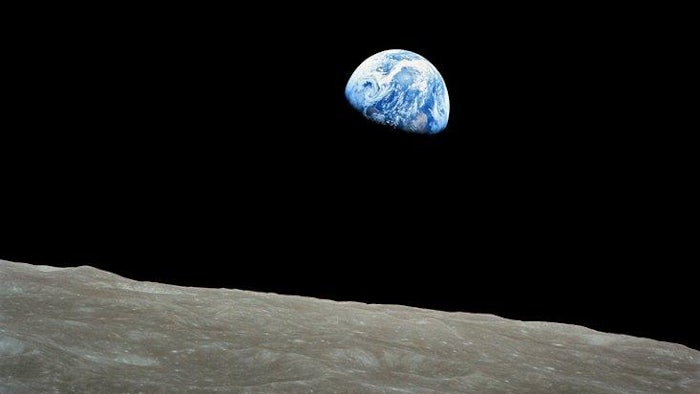
Climate Change Is the Moonshot of Our Times
Consider this scenario: Suppose astronomers had tracked an asteroid, and calculated that it would hit the Earth in 2080, 65 years from now—not with certainty, but with, say, 10 percent probability. Would we relax, saying that this is a problem that can be set aside for 50 years, since people will by then be richer, […]
-

An Appetite for Innovation
Harvard’s David Edwards talks to Nautilus about how ideas can change the world.
-

Five Veteran Scientists Tell Us What Most Surprised Them
Fifty years ago, who knew we’d learn to clone genes and find water on Mars?
-
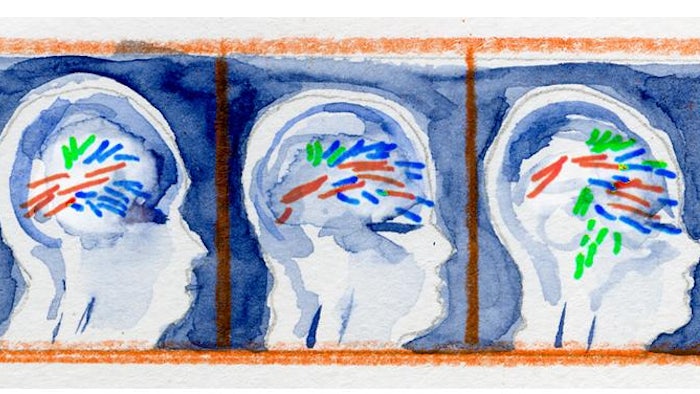
The Genius of Learning
MacArthur Fellow Danielle Bassett says learning works best when you don’t overthink it.
-
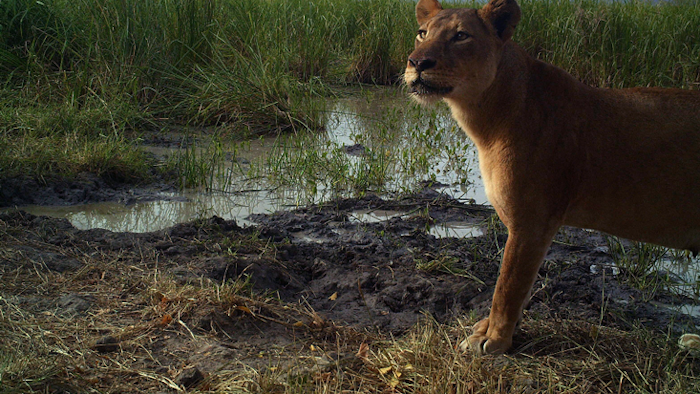
How I Became a Crowd-Sourced Zoologist
In the center of the photo, standing amid dry brush and trees, is something’s butt. I have 50-some animals to choose from, and I’m really not sure whose butt it is—maybe a duiker’s, a small, deer-like creature. “If you see an animal, please mark it,” the instructions say, “even if you’re not sure, or have […]
-

Why Narrating the Future May Be Better Than Trying to Predict It
In 1972 the Club of Rome, an international think tank, commissioned four scientists to use computers to model the human future. The result was the infamous Limits to Growth that crashed into world culture like an asteroid from space. Collapse, calamity, and chaos were the media take-aways from the book, even though the authors tried hard to explain […]
-
We Are About to Start Mining Hydrothermal Vents on the Ocean Floor
Forty years ago, scientists found alien life. Not on another planet, but on Earth, in the deep sea, in places where plumes of steam and nutrients heated by volcanic activity fed entire ecologies of creatures adapted to harness chemical energy rather than energy from the sun. Nautilus Members enjoy an ad-free experience. Log in or […] -
How to Restart an Ecosystem
Economics and conservation are converging to resurrect one of the planet’s greatest parks. -
What Technology Can’t Change About Happiness
As pills and gadgets proliferate, what matters is still social connection. -
What If Tinder Showed Your IQ?
A report from a future where genetic engineering has sabotaged society. -
The Moral Argument for Doping in Sports
To almost all sports fans, doping in sports is an issue of near-religious importance, says Julian Savulescu. According to the Australian bioethicist and moral philosopher, fans celebrate people of extraordinary physical ability who dedicate themselves to training to perform an athletic feat to perfection—but when they augment their abilities with drugs and enhancers, fans can […]
















